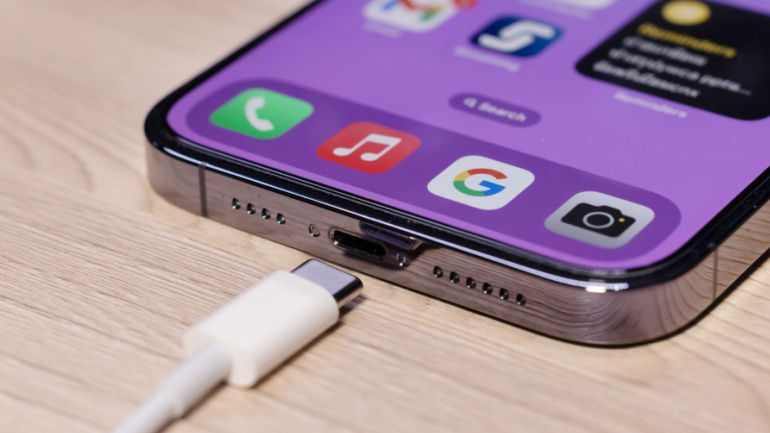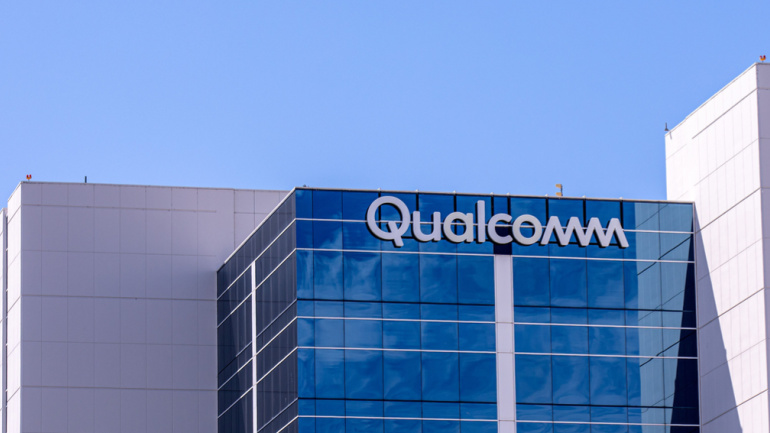The UK Competition and Markets Authority is charting the course for fair AI practices, guided by seven strategic principles. Their balanced approach, drawn from a diverse pool of inputs, aims to ensure competitive integrity and consumer welfare in the AI-driven market. The spotlight is on accountability, ensuring AI creators shoulder responsibility for their solutions’ implications. Additionally, advocating for consumer freedom in choice and flexibility, they aim to deter anti-competitive practices. However, who exactly should uphold the principle of transparency remains unclear.
The unveiling of Apple’s four new iPhone models sparked a surprising underwhelm in the tech community. Meanwhile, debates rose regarding China’s nimble navigation around US tech embargoes, especially regarding iPhone use. No less intriguing were the discussions around Open RAN – tech pioneers revisited this initiative with the UK’s recent efforts to regain Open RAN momentum.
In a strategic move, Intel has decided to sell 10% of IMS Nanofabrication to Taiwan Semiconductor Manufacturing Company (TSMC), aiming to accelerate the development of cutting-edge lithography technology, vital to the production of state-of-the-art semiconductors. IMS, a leading producer of essential chip-manufacturing components, plays an essential role in the complex world of mobile devices and similar applications. The investment is expected to enhance IMS’ independence to address significant growth opportunities for multi-beam mask writing tools.
Apple’s recent unveiling of four new iPhone models, with prices starting from £799, highlights the company’s steady stream of innovation. This release has also stirred debate among smartphone enthusiasts questioning the extent of the innovations, especially considering the premium pricing. Despite predicted criticism, Apple maintains its market dominance by committing to incremental upgrades, asserting a commitment to environmental responsibility, and boasting durable, low-bug products.
Apple’s pursuit of self-reliance in 5G technology is put to the test as it continues its reliance on Qualcomm’s Snapdragon 5G Modem‑RF Systems till 2026. Despite acquiring Intel’s modem segment after a failed business collaboration, Apple’s efforts to create an in-house 5G modem cast doubt on its separation from Qualcomm. The competition intensifies with Huawei’s claim of a successful 5G modem design, amidst the encroaching discussions on 6G technology.
The Online Safety Bill emerges as a tool for platform owners to tackle illicit content. Yet, penalties attached to non-compliance may be a hefty burden. The proposed “spy clause” infamously mandates the scanning of private user content, leading to vocal debates around privacy and the technology needed to enforce this clause. Amidst strong sentiments about potential surveillance, the UK government remains unwavering, resulting in possible market exits by platforms such as WhatsApp. With the telecom industry on the brink of substantial readjustments, the importance of staying informed is evident.
Google has unveiled new regulations requiring political advertisers to conspicuously disclose their use of AI in campaign ads, effective this November. These rules apply to any political advertisements featuring “synthetic content” depicting realistic-looking individuals or events generated by AI. This move comes in response to the rising prevalence of digitally manipulated political ads. Google insists that these AI-enhanced ads must include a clear and noticeable disclaimer.
In a groundbreaking move, Genesys, a pioneer in AI-powered experience orchestration, has unveiled a strategic collaboration with Salesforce, the leading AI CRM provider. This partnership aims to revolutionize the way businesses manage their data, agents, bots, and communication channels to create more intelligent end-to-end experiences for both customers and employees.
The EU’s strategic push under the Digital Markets Act has resulted in mega-tech firms Alphabet, Amazon, Apple, ByteDance, Meta and Microsoft being labelled ‘gatekeepers’. With this new classification, pivotal changes are expected in the realm of digital services for end-users and businesses. Crucial guidelines centering around data transparency, competitiveness, and platform interoperability must now be adhered to. On the other side of the coin, brands such as Samsung have evaded the ‘gatekeeper’ tag.
In a bid to keep Android users engaged and informed, Google has unleashed a flurry of updates to its mobile apps and services, coupled with a rebranding effort aimed at reinforcing Android’s dual identity as both fun and a serious Google product.













